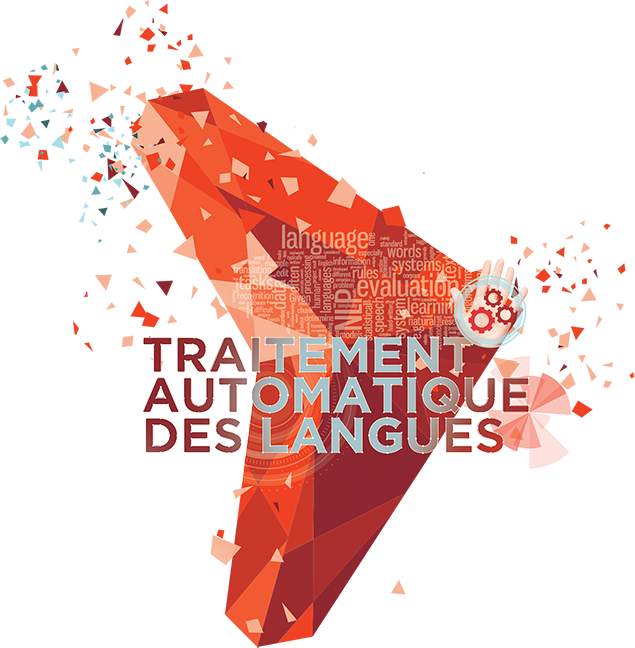MSc in
Natural
Language
Processing

The Master’s in Natural Language Processing (NLP) trains experts at the intersection of computer science, linguistics, and artificial intelligence. This programme prepares students to tackle the challenges of language technologies, whether in research or industry. Through an interdisciplinary approach and strong partnerships, it provides an ideal framework for developing advanced skills in a rapidly expanding field.
Why choose this Master’s programme?
Natural Language Processing (NLP), known as Traitement Automatique des Langues (TAL) in French, aims to develop computational models capable of understanding and reproducing natural languages (such as French, Arabic, Chinese, etc.), as opposed to formal languages used in programming or mathematics.
Studying NLP means taking on a scientific challenge that draws on multiple disciplines:
- Linguistics: Understanding the rules governing a language and modelling linguistic patterns.
- Computer Science: Developing models to convert text into data and interpret textual or spoken content.
- Artificial Intelligence: Applying probabilistic and statistical methods, from neural networks to machine learning.
- Formal Methods: Using logic and mathematics to solve real-world problems.
Our programme combines theoretical foundations with practical experience, equipping students with in-depth expertise while addressing the ethical challenges of this rapidly growing field.
in English
apprenticeship options
ECTS
The courses of this programme are taught entirely in English. To support students, language courses are offered: scientific English for non-native speakers or French courses for non-French speakers to facilitate their integration in France.
The master’s can be pursued either as a standard programme or with an apprenticeship in both the first and second years, alternating between university courses and time at a company, typically in four-week periods.
The programme also includes optional internships in companies or research laboratories, as well as a compulsory six-month internship during the second year.
Courses and Tracks
The teaching approach of the MSc in NLP is designed to accommodate the diverse profiles of students, whether they come from a more computer science-oriented or linguistics-oriented background. Starting from the first year, students choose one of the two available tracks while following a broad common curriculum that ensures a uniform foundation of skills.
Each semester of the programme builds on these tracks to address the interdisciplinary needs of NLP.
Please note that this programme applies to the current academic year; the curriculum for next year may slightly differ.
An Internationally Connected Master’s Programme
Our master’s programme offers numerous international mobility opportunities through Erasmus+ and Erasmus Mundus partnerships. Students can undertake mobility experiences:
- At partner universities.
- Through the Erasmus Mundus LCT (Language and Communication Technologies) network.
- Through the EMLex (European Master in Lexicography) network (ATILF page).
Career Prospects and Opportunities
The MSc in NLP opens the door to a wide range of careers across various sectors, offering opportunities both in research and in industry:
Every year, a significant number of our students go on to pursue a PhD, either in Nancy or at other universities in France and Europe. Many of our alumni now hold academic positions, working both in teaching and research.
Entry Requirements and Admission
Admission is based on the following criteria:
- Academic qualifications: You must hold a « Bac+3 » (equivalent to a bachelor’s degree) or a qualification worth 180 ECTS credits in computer science, mathematics, and/or linguistics or related fields. Applications may be submitted before receiving the diploma, but acceptance will be conditional upon its successful completion.
- English Proficiency: Applicants must submit an official certification (e.g., IELTS, TOEFL, TOEIC) demonstrating English language proficiency at C1 or C2 level.
Holders of other degrees may also be considered if they have relevant skills related to natural language processing. Applications are reviewed by an Admissions Committee that evaluates the candidates’ academic and professional background, with particular attention to motivation and the coherence of their career plan.
For further information on the admission process, including specific procedures for international students, please refer to our detailed admissions page.
